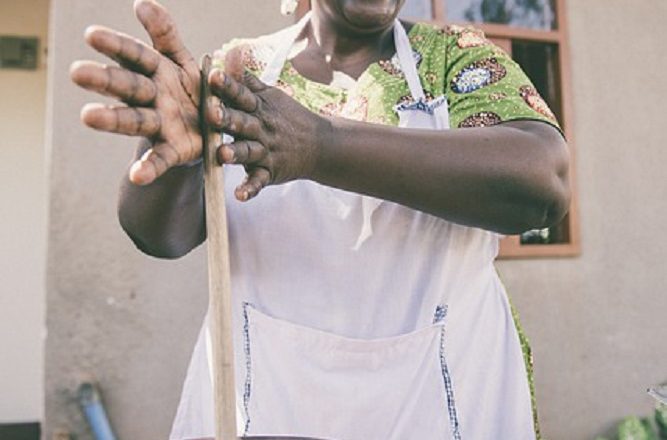A brief history of black names, from Perlie to Latasha
Most people recognize that there are first names given almost exclusively by black Americans to their children, such as Jamal and Latasha.
While fodder for comedians and social commentary, many have assumed that these distinctively black names are a modern phenomenon. My research shows that’s not true.
Long before there was Jamal and Latasha, there was Booker and Perlie. The names have changed, but my colleagues and I traced the use of distinctive black names to the earliest history of the United States.
As scholars of history, demographics and economics, we found that there is nothing new about black names.
A 2012 ‘Key & Peele’ sketch poked fun of historically black names.
Black names aren’t new
Many scholars believe that distinctively black names emerged from the civil rights move...

